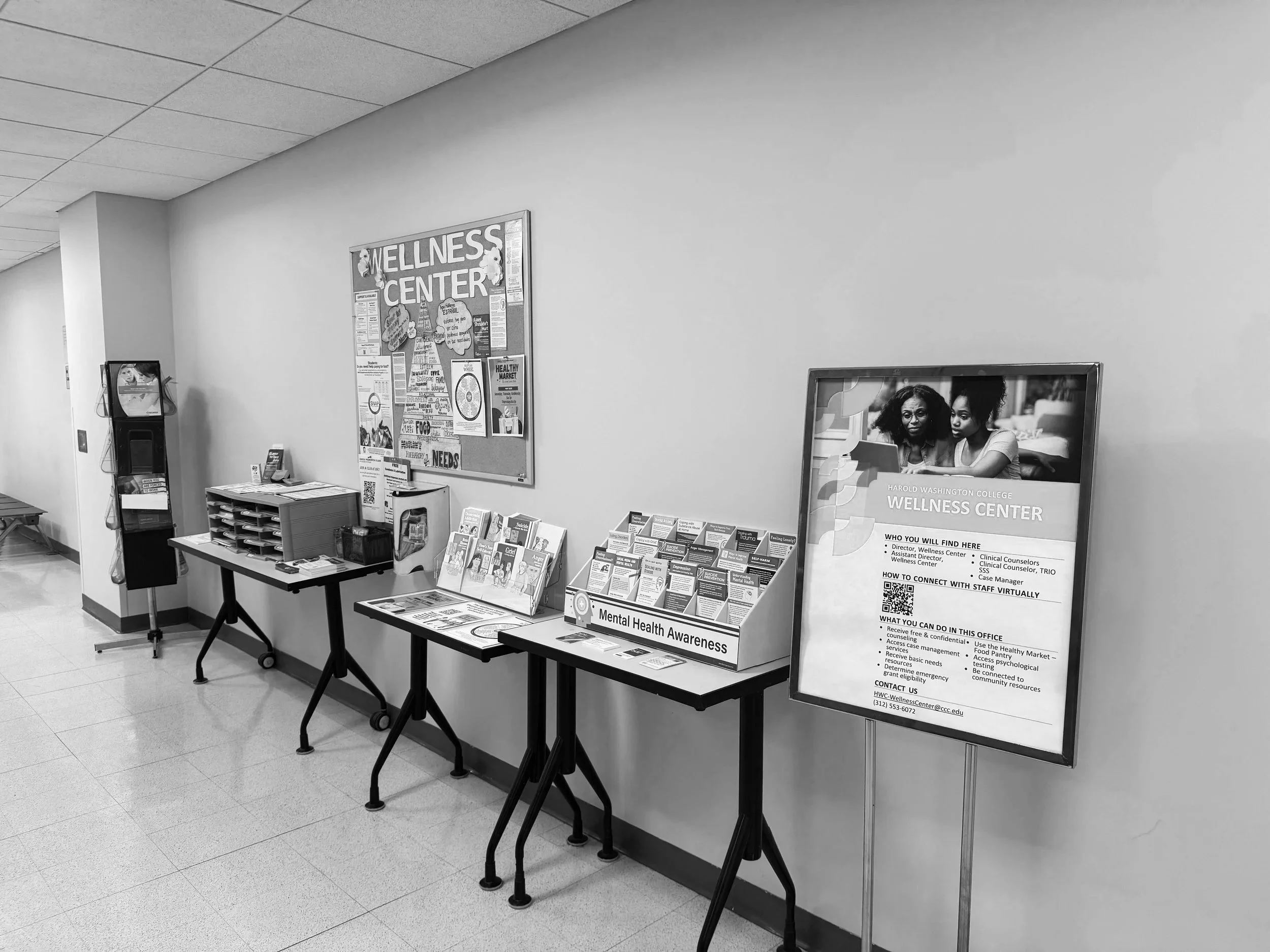
4
Find and use campus resources and services.
College is hard to do alone—and you don’t have to. College offers a wide range of resources—academic support, advising, mental health services, financial aid guidance, and more—but the real challenge is knowing when and how to use them. Asking for help can feel awkward at first, especially if you're used to handling things on your own, but learning to seek support is one of the most important skills you can develop in college.
Skip to student videos.
One of the strongest and most consistent findings from the Student Wisdom Project was that successful students knew how to get help. While some started out unsure or hesitant to ask, nearly every student described learning to seek support as a turning point in their college journey. In fact, this was the #1 theme across all interviews.
That doesn’t mean it was always easy. Many students described feeling embarrassed, intimidated, or like they should already have the answers. Others simply didn’t know what services were available until someone told them. But once they overcame those initial hesitations, students discovered that campus support—whether academic, emotional, or logistical—was essential not just for surviving college, but for thriving in it.
Why It Matters
Campus Resources and Services Students Love
TRIO Student Support Services offers an additional layer of personalized support that includes tutoring, academic advising, FAFSA assistance, peer mentoring, and more to promote college persistence and transfer success at multiple CCC campuses. It is open to any student who is a first-generation college student, qualifies as low-income, or has a disability.
ONE MILLION DEGREES (OMD)
One Million Degrees is a free program that offers mentoring, coaching, tutoring, stipends, and professional development workshops to help students graduate and transition into careers or further education.
Each of the City Colleges offers both remote and in-person tutoring. As a City College student, you are welcome to use any of the tutoring centers or remote hours. You can use Navigate to set up an appointment. Students recommend trying out different tutors and finding one who works for you!
Each CCC campus’s Wellness Center offers free, confidential counseling—both in-person and virtual—along with support groups and psychological screenings to help students manage stress, mental health, and personal challenges.
Academic advisors at CCC are available in-person and virtually to help with everything from program planning and transfer guidance to financial aid questions, and advice on credit transfers—encouraging students to connect at least once per semester.
PROFESSOR OFFICE HOURS
Professor office hours offer scheduled one-on-one time for students to clarify course material, ask questions, or seek guidance—one of the easiest ways to get direct academic support on campus. Professors are required to have their office hours listed in their syllabus. They are probably also on Brightspace and posted by their office door. You can also email professors to request an appointment.
Think asking for help is hard? You’re not alone…
Learn how these four first-generation students ran into obstacles and got over fears of asking for help to reach it to graduation.
How do I make an appointment?
Most services on campus have a walk-in option, but you can also make an appointment through Navigate. Watch this video to find out how.
Students talk about their favorite resources and services.
Jazmine and Sara talk about tutoring.
Nancy, Samer, and Daniel talk about the Wellness Center.
Check out one of the other themes:
Find or Create Spaces Where You Can Focus
Select a Note-Taking Strategy That Works for You
Stay Connected to Your “Big Why” (coming soon)